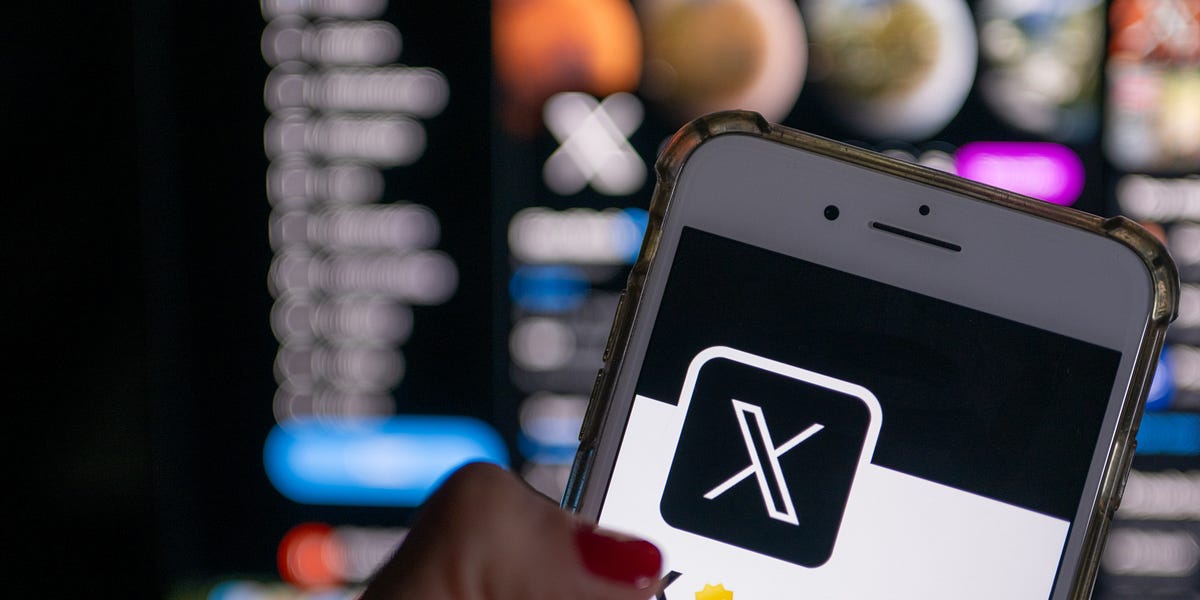Twitter: My Next Ex?
Could Elon Musk's pivot to X be the move that kills Twitter, not for the industry, but for me?
Sigh. I'm torn.
I don't actually want to care about a social media company. I generally adhere to the view that for whatever good these companies brought to our lives at their inception and popularization, we've now passed the point where they all, without fail, bring more bad than good.
Don't get me wrong—I still use Twitter. (I have other accounts, but I don't actively use any of them.) And I love the time-suck Twitter represents. I chose the people I follow because I like learning news from them, I like their cultural takes, I like their comedy, I like their cute animal videos. Because I'm nothing close to a power user, my life didn't change in any meaningful way when Elon Musk took over the company.
The experience is undeniably worse, and it's 100% tied to actions that he seems to think is good business (or, more accurately, he so wants to do them that he doesn't much care if it's good business or not).
But the loss of the brand's little blue bird has put me in a position to feel bad, as if I'm losing something. It's mostly like when a famous person (not too famous, not particularly beloved, not particularly a favorite of mine) dies, and because of the media coverage and some way in which we're trained to equate fame with importance, we feel something akin to a mild grief. We recognize it but also recognize at the exact same time that it's not actually meaningful to us. We feel the generalized sadness of a loss of life, for the friends and family, and we know that's part of it, but we're actually responding to something else.
That's what it will be now that Twitter is dead. That's not hyperbole (if it ever was) just because we hate what Musk is doing to the company; it's literal. Twitter, except in the references from its users' mouths, is officially dead. It's X now. The App Formerly Known as Prince. But Prince, that short king, showed us the folly of changing his name to a symbol; we dropped "The Artist Formerly Known As" in casual conversation.
So it will go with Twitter. Er, I mean X. So it will go with X.

But this piece from Casey Newton's great newsletter Platformer points out that it's a reasonable assumption that Musk never intended to be a good steward of this thing that we all (including he) loved.
Newton makes his biggest point by first quoting Matt Levine from Bloomberg:
I guess my question is, what was he paying for? Musk didn’t want Twitter for its employees (whom he fired) or its code (which he trashes regularly) or its brand (which he abandoned) or its most dedicated users (whom he is working to drive away); he just wanted an entirely different Twitter-like service. Surely he could have built that for less than $44 billion? Mark Zuckerberg did!
And his response to this is both insightful and depressing:
Here’s my answer: this framing misses the true shape of Musk’s project, which is best understood not as a money-making endeavor, but as an extended act of cultural vandalism. Just as he graffitis his 420s and 69s all over corporate filings; and just as he paints over corporate signage and office rooms with his little sex puns; so does he delight in erasing the Twitter that was.
To back his interpretation, Newton cites the same actions by Musk that we've become numb to as just another troll-y behavior:
All of this has been clear since at least November, when Musk gleefully mocked a stack of Black Lives Matter T-shirts that he found in a company closet. Yes, Musk regularly issues grandiose pronouncements about how Twitter will someday become a WeChat-style “super app,” ensure the future of civilization, and so on. But at its core, Musk’s misadventure at Twitter has been reactionary: an ideological purge of the employees he saw as “woke” and entitled; a gleeful inversion of industry standards around content moderation; a hollowing out of the free product; and a redistribution of the company’s attention and wealth toward right-wing users.
If the ship goes down, if it truly becomes an unrecognizable experience (not just an unrecognizable app on my phone), it might be the point at which I jump off the social media train. Giving up this one that I actually use might just be the catalyst I need to jettison the ones I don't.
